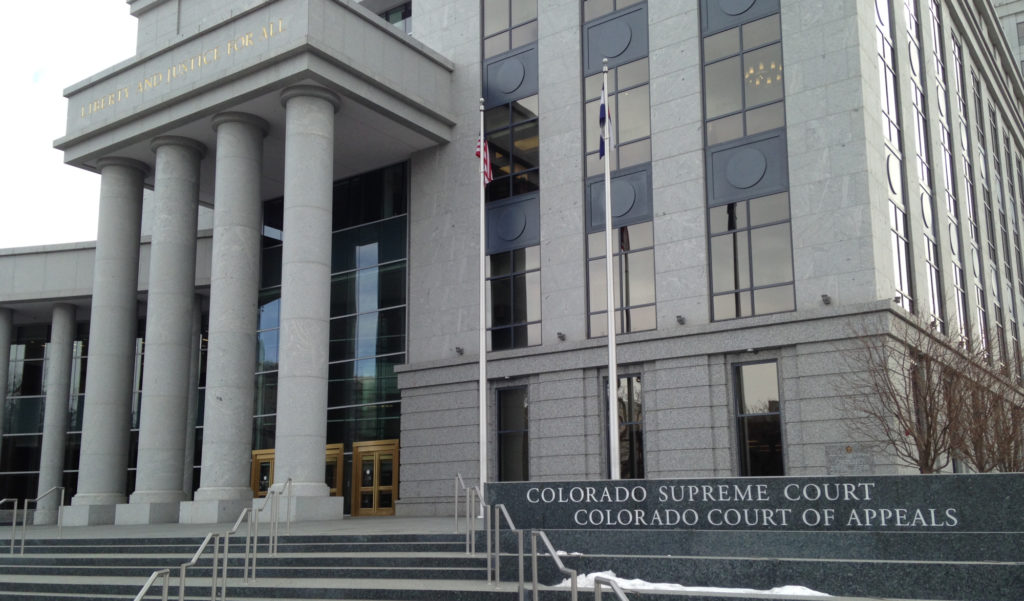By Jeffrey A. Roberts
CFOIC Executive Director
A person involved in litigation with a public entity has the right to use the Colorado Open Records Act to obtain documents from that public entity, the Colorado Court of Appeals affirmed Thursday.
A three-judge panel of the appellate court rejected arguments made by the clerk of Archuleta County that CORA cannot be used to supplant the discovery process in civil litigation. The judges upheld a district court order in favor of Pagosa Springs attorney Matt Roane, who requested the recording of an Archuleta County Commission meeting while suing the board.

The Colorado Supreme Court’s 1980 ruling in Martinelli v. District Court “stands for the proposition that CORA does not bar production of documents otherwise producible in civil litigation,” wrote Court of Appeals Judge Lino Lipinsky de Orlov in a published opinion. “It does not support Archuleta’s contention that individuals litigating against public entities are precluded from obtaining documents from those entities through CORA during the pendency of the litigation.”
Archuleta County Clerk Kristy Archuleta had denied Roane’s CORA request, contending the Martinelli decision backed up her claim that Roane should have used the discovery process. But the justices in that case came to a different conclusion, the Court of Appeals opinion says, “that the right to inspection of public records granted in CORA is distinct from, rather than mutually exclusive of, the right to obtain discovery set forth” in the Colorado Rules of Civil Procedure.
Roane’s October 2020 lawsuit in Archuleta County District Court accused the county commissioners of violating the Colorado Open Meetings Law by failing to take minutes during a public meeting. After filing the complaint, he used CORA to request a copy of a recording made of another commission meeting, telling the clerk he wanted it “to use as evidence” in the county commission litigation.
Roane then filed another lawsuit against the county after Archuleta denied his request for the recording by asserting disclosure was prohibited by the Rules of Civil Procedure and the Colorado Supreme Court’s order in Martinelli.
To support her position, Archuleta also cited the Supreme Court’s 1998 decision in City of Colorado Springs v. White. But under that ruling, the Court of Appeals determined, “Archuleta must comply with (Roane’s) request without regard to Roane’s reason for seeking the recording.”
She also argued that letting civil litigants use CORA for discovery purposes would “open the door to unlimited discovery against public entities subject to open records laws” and place “an excessive, undue and inequitable burden” on public entities, especially given CORA’s response period of three working days.
“If Archuleta is indeed concerned about the burden that CORA imposes on public entities, her remedy is a petition to the General Assembly to amend CORA,” the Court of Appeals countered. “We are not at liberty to engraft an exception onto CORA that the General Assembly did not enact.”
The opinion noted that courts in other states have allowed people to obtain records from public entities under open records law while litigation is pending, except for some states — Michigan and Vermont — that have explicit “pending litigation” exceptions.
“The Colorado General Assembly could have enacted a ‘pending litigation’ exception … But it did not do so.”
Follow the Colorado Freedom of Information Coalition on Twitter @CoFOIC. Like CFOIC’s Facebook page. Do you appreciate the information and resources provided by CFOIC? Please consider making a tax-deductible donation.




